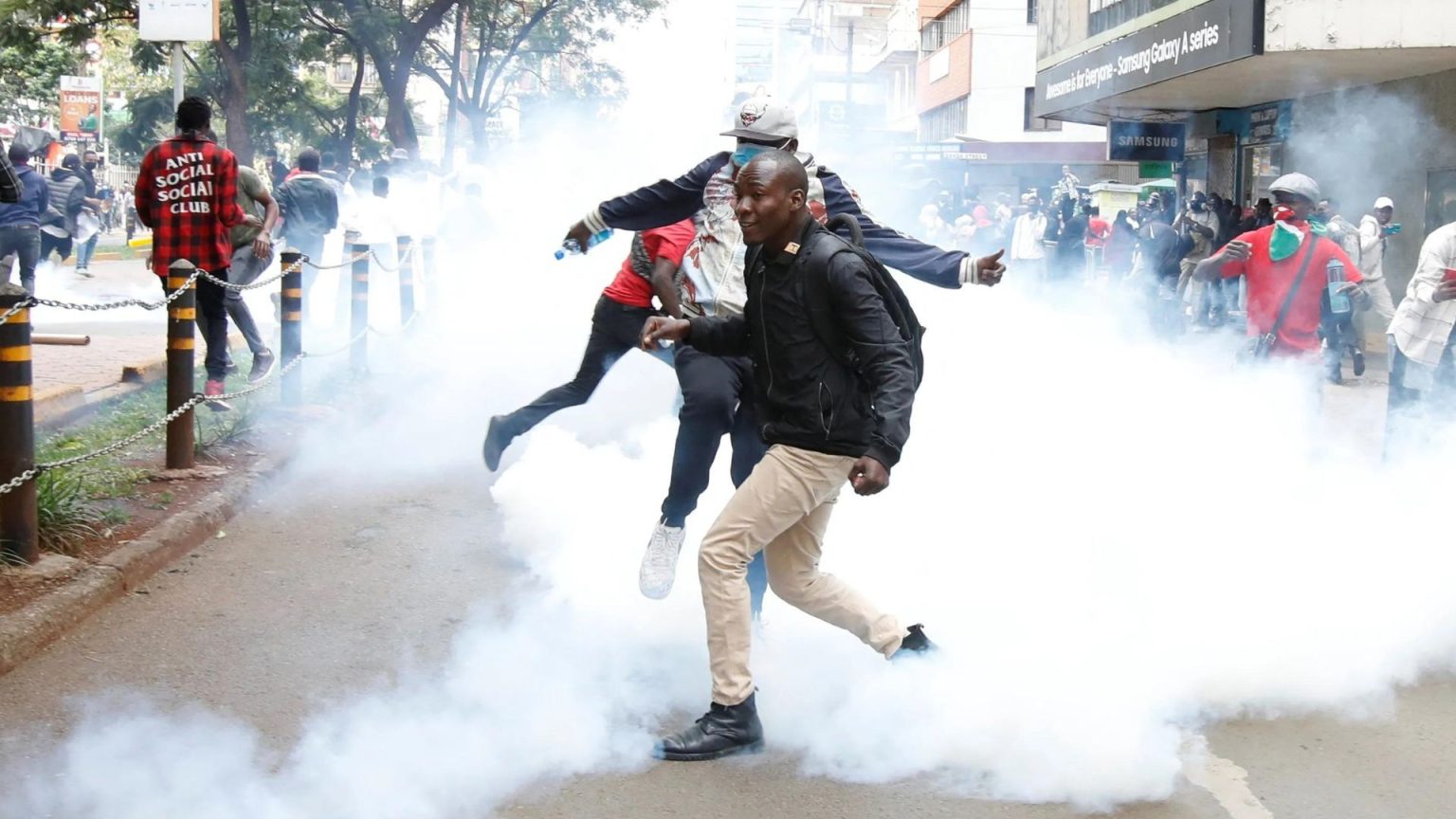Protests erupted in Kenya this week in response to proposed new taxes by the government, with young people taking to the streets and being met with excessive force by the police. The protests were largely organized through social media, highlighting the power of online platforms in driving social movements. The reasons behind the proposed new taxes and the violent reaction from the public are the focus of discussion in this segment.
Tax justice activist and Africa governance and security analyst, Stella Agara, emphasizes the importance of understanding the context in which these protests have arisen. She notes that the proposed taxes are part of the government’s efforts to generate revenue and address the country’s financial challenges. However, she also criticizes the lack of transparency and public consultation in the tax process, which has fueled public anger and frustration.
Reginald Kadzutu, a finance economist, explains that while taxation is essential for funding government services and development projects, the burden of these taxes falls disproportionately on the poor and marginalized communities in Kenya. He argues that the government needs to ensure that the tax system is fair and progressive, rather than exacerbating existing inequalities. Kadzutu also highlights the need for improved fiscal management and accountability to address public concerns about the handling of tax revenue.
Nicodemus Minde, a researcher with the East Africa Peace and Security Governance Program, provides insight into the broader implications of the protests in Kenya. He points out that the use of excessive force by the police has exacerbated tensions and undermined trust in government institutions. Minde emphasizes the importance of dialogue and engagement between the government and civil society to address the root causes of the protests and find sustainable solutions to the country’s economic challenges.
The discussion highlights the complex dynamics at play in Kenya, where economic pressures, governance issues, and social inequalities intersect to fuel public discontent. The government’s response to the protests will be crucial in determining the future trajectory of the country’s political and economic landscape. As young people continue to mobilize and demand accountability from their leaders, the need for inclusive and transparent governance processes becomes increasingly urgent. It is clear that addressing the underlying grievances driving the protests will require a comprehensive and collaborative approach from all stakeholders involved.












